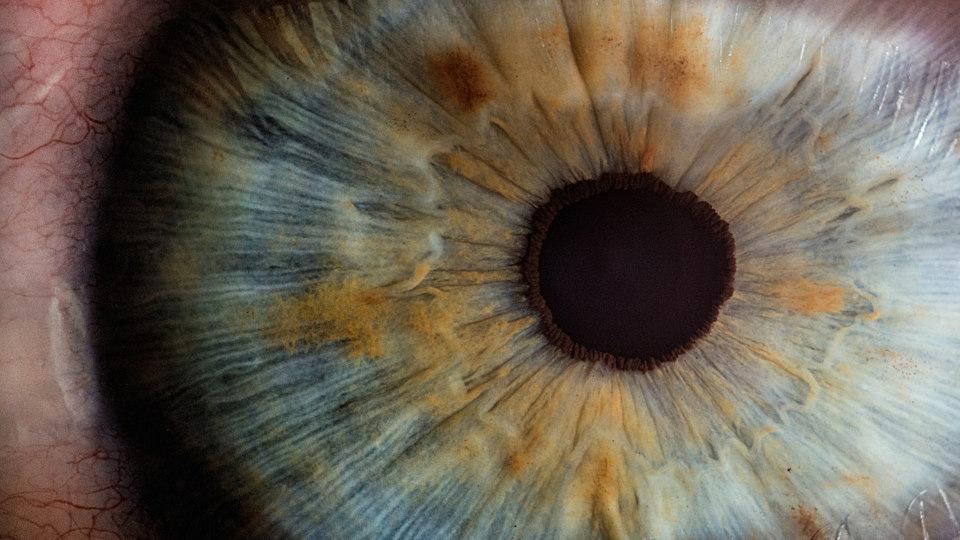Oxurion files for bankruptcy as DME drug fails

The end of the line is looming for Oxurion, after a clinical trial of its last pipeline drug for diabetic macular oedema (DME) failed to meet its primary endpoint.
With its cash reserves dwindling, the Belgian biotech desperately needed the phase 2b trial of its last remaining clinical asset THR-149, a plasma kallikrein inhibitor (PKal), to give a positive result. That wasn’t the case, and it has now said it will file for bankruptcy.
The KALAHARI study compared intravitreal injections of THR-149 to Regeneron and Bayer’s anti-VEGF antibody Eylea (aflibercept), a widely-used therapy for DME, in 112 patients for whom the current standard of care was proving to be poorly effective.
It is thought that around half of all patients with DME get suboptimal results with current therapies like Eylea and Roche/Novartis’ anti-VEGF Lucentis (ranibizumab).
The study found, however, that patients treated with Oxurion’s drug saw less improvement in vision compared to those in the control group. The mean change in best corrected visual acuity (BCVA) from baseline at month three was -0.2 letters for the THR-149 arm and +3.5 letters for the aflibercept arm, suggesting no effect for the PKaI.
Oxurion’s chief executive, Tom Graney, said the company was “deeply disappointed” by the outcome, which came despite earlier studies pointing to a benefit and an interim analysis of the blinded KALAHARI data at the end of 2022 passing a test for futility.
Given its tenuous cash position, Oxurion’s board “has made the difficult decision to take the necessary steps to file for bankruptcy,” he added.
The biotech ended the first half of this year with just over €2 million in cash and equivalents, and just last week said it had received €1 million in unconditional funding from investor Atlas Special Opportunities to keep it going while KALAHARI was finished and the data analysed.
“I would personally like to thank the incredible team at Oxurion for designing and executing a trial that yielded clearly interpretable results,” added Graney.
“So, while the outcome is not what we had hoped for patients and the company, the trial provides important learnings for the field. I want to encourage the community to continue to invest in finding better treatment options for this large, underserved patient population.”
In 2021, Oxurion narrowed its focus to the two DME projects in order to conserve cash, halting investment in an oncology spinout – Oncurious – and putting some other R&D projects on hold. Its other DME candidate, integrin antagonist THR-687, missed the mark in the phase 2 INTEGRAL study reported last year.













